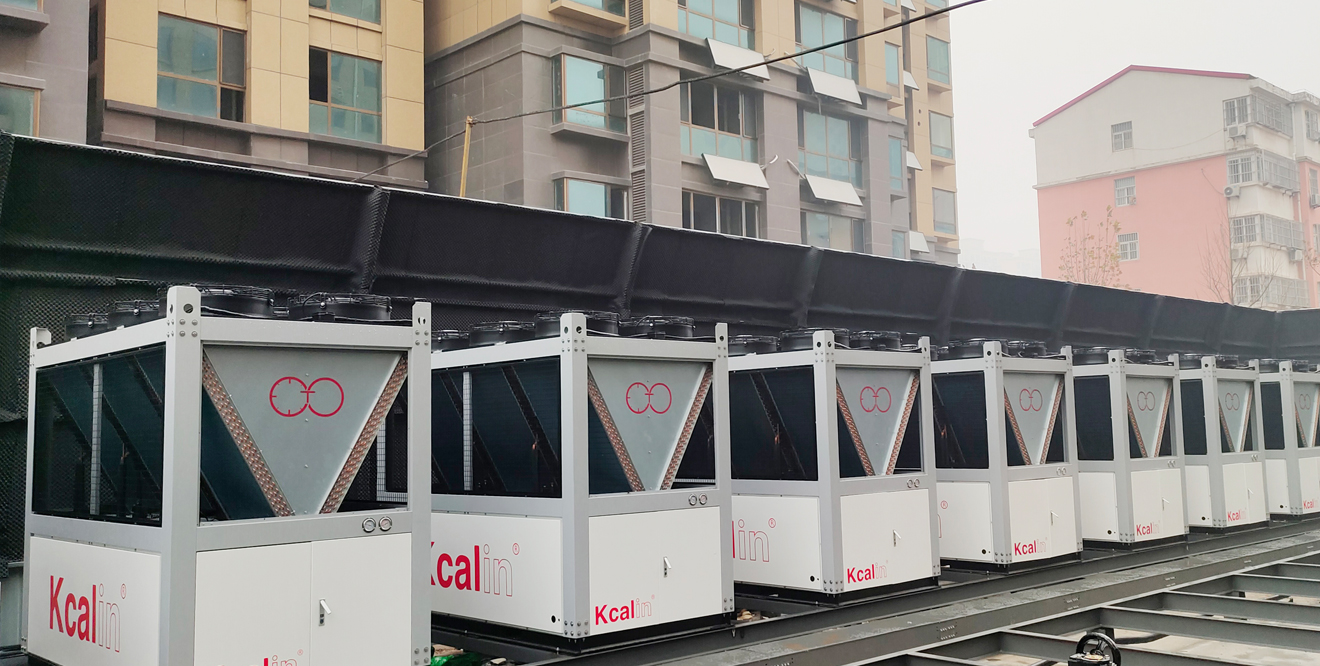With the continuous development of technology and the increasing awareness of environmental protection, air source heat pumps, as a new type of environmentally friendly and energy-saving technology, have been widely applied in various fields, including residential heating. Compared to traditional heating methods, air source heat pumps have many advantages but also have some problems. This article will explore the advantages and disadvantages of using air source heat pumps for heating in residential areas.
1、 Good
Energy saving and environmental protection: Air source heat pump is an energy-saving and environmentally friendly heating method. Compared to traditional boiler heating methods, air source heat pumps can convert low-temperature heat energy in the air into high-temperature heat energy, resulting in higher energy utilization efficiency. In addition, air source heat pumps use air as energy source, unlike traditional gas or oil heating methods that generate a large amount of pollutants and have a relatively small impact on the environment.

Good comfort: the air source heat pump uses central heating to transmit heat to each room through floor heating or radiators, so as to achieve the heating effect of the whole community. Compared to other heating methods, the air source heat pump heating method is more uniform and can provide a consistent temperature for each room, thereby improving the comfort of residents.
High safety: The air source heat pump does not have an open flame during use and will not produce harmful gases such as carbon monoxide, thus ensuring the safety of use. In addition, the air source heat pump does not need to store flammable and explosive substances such as gas or fuel during use, which also avoids the safety hazards of these substances.
Strong reliability: The operation of air source heat pumps only requires electricity and does not require the use of other energy sources. Its mechanical structure is simple, its service life is long, and it has the function of automatic control, ensuring stable and reliable operation.
2、 Disadvantages
High initial investment: As a new type of heating method, air source heat pump needs to undergo relevant renovations in the community, including pipeline laying and construction of heating stations, all of which require a certain initial investment. Moreover, the equipment price of air source heat pumps is higher compared to traditional heating methods and requires certain financial support.
High requirements for environmental temperature: The heating effect of air source heat pumps is affected by environmental temperature. When the environmental temperature is low, the heating effect of air source heat pumps will decrease, requiring additional auxiliary heating equipment. In cold northern regions, the heating effect of air source heat pumps may not be as good as traditional boiler heating methods.
Noise issue: The outdoor air source heat pump may emit noise, which may affect the lives of surrounding residents. Moreover, during operation, the indoor unit of the air source heat pump will also emit a certain amount of noise, causing certain interference to residents' lives.
High maintenance costs: The maintenance and upkeep of air source heat pump equipment requires professional personnel to operate, resulting in high maintenance costs. Moreover, the service life of air source heat pumps is also related to the quality of maintenance. If maintenance is not carried out in a timely manner, it may affect the lifespan and operational effectiveness of the equipment.
Air source heat pump heating in residential areas has many advantages, including energy conservation and environmental protection, good comfort, high safety, and strong reliability. But there are also some problems, including high initial investment, high environmental temperature requirements, noise issues, and high maintenance costs. In the actual operation process, it is necessary to comprehensively consider various factors and select appropriate heating methods based on local climate conditions, building structures, and other conditions.







Comment